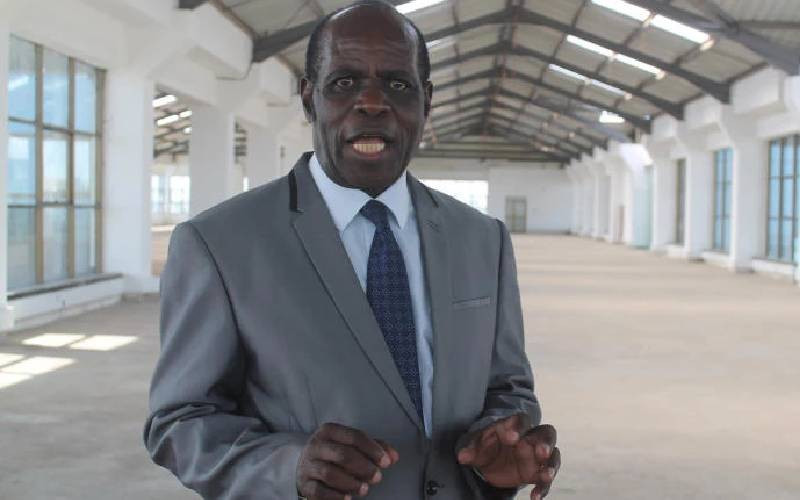×
The Standard e-Paper
Fearless, Trusted News

A Nairobi court has acquitted Bishop Gilbert Deya of five counts of child trafficking.
The televangelist was set free today after Milimani Senior Principal Magistrate Robinson Ondieki in his judgment said that none of the five children were found in Deya's custody.